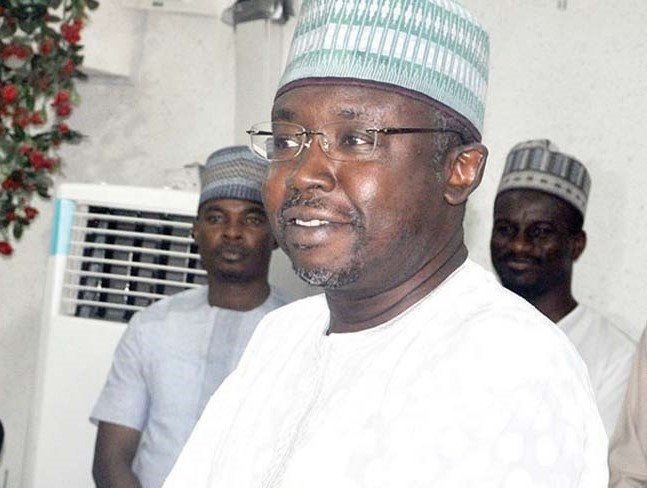The National Emergency Management Agency (NEMA) says it is currently reviewing the National Contingency Plan (NCP) to effectively tackle issues of climate change and complex emergencies.

Director General of NEMA, Mr Mustapha Maihaja, said this on Wednesday, January 23, 2019 in Enugu in an address at the national workshop on the review of the NCP.
Maihaja, who was represented Mr Kayode Fagbemi, Director of Planning, Research and Forecasting, said there was a need to update the NCP plan to reflect the current realities on ground.
“In view of the current realities of increases in environmental disasters, complex emergencies and the phenomenon of climate change, and going by the dynamic changes that has occurred in the risk profile of the country, you will agree with me that the time is ripe to update the NCP for the country.
“Basically, we have adopted a multi-hazard model with a focus on hazards with the highest probability of occurrence and severity in Nigeria in the development of the NCP.
“Thus, my expectation is that we review the risks we face and develop a contingency plan that can be activated and operationalised in the event of any humanitarian crises that might occur,’’ he said.
The NEMA boss thanked all the sectors for their contributions during the several meetings to produce the zero draft of the update.
He also thanked partners, the United Nations agencies in Nigeria, especially the UNICEF for your support over the years in capacity building and technical support to NEMA,’’ he said.
Speaking, Nicki Bennett, UNICEF Chief of Emergencies, said that UNICEF had been in the forefront of assisting the Federal Government to achieve its emergency targets and plans as well as help in direct intervention at times.
Bennett, however, said that the government had to do more on provision of clean and potable water and sanitation facilities to effectively check all forms of disease emergencies as well as stop open defecation nationwide.
She also said that government at all levels must be working fast to mitigate conflict triggering issues and developments to forestall emergencies in the first place.
“We are partners in progress, and UNICEF will continue to give all forms of assistance to NEMA and by extension the Federal Government to see that it prepares adequately for emergency responses in any part of the country,’’ he said.
According to her, UNICEF has been effectively working in the North-East; while we also worked with government agencies in states with flood issues some months back.
The idea of developing an NCP was conceived in late 2010 as a coordinated attempt to proactively prepare for response to disasters in Nigeria.
Thereafter, a clean copy of the NCP was produced with inputs from stakeholders in line with international standard and best practices; while the final copy was subsequently presented to stakeholders in July 2012.
The 70 participants of the workshop are drawn from Ministries, Departments and Agencies (MDAs), State Emergency Management Agencies (SEMAs), United Nations Agencies, Development Partners, International and National Non-Governmental Organisations (NGOs), private sector and the media.
The three-day workshop, which started Wednesday, Jan. 23, will end on Friday, Jan. 25.
By Stanley Nwanosike
